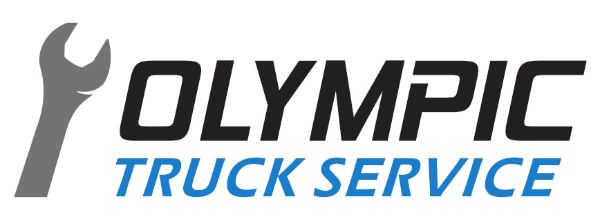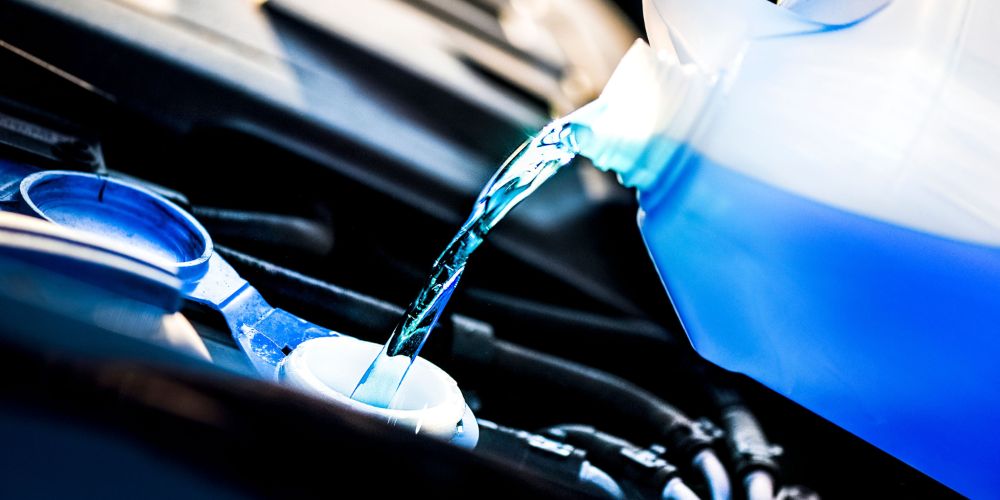The primary purpose of both coolant and antifreeze is to control the temperature of the heavy-duty engine in trucks like semis, pick-ups, and fleet vehicles. The listed trucks typically have a diesel engine that runs hot by default and requires a strong coolant and antifreeze to regulate and manage its varying temperatures. In warmer climates, the coolant's job is to prevent the engine from overheating whereas in colder climates the antifreeze performs the opposite job and works to prevent the engine's fluids from freezing. Coolants also play a major part in eliminating the metal components of an engine from corrosion and oxidizing. There are three different types of coolants which include Hybrid Acid Technology (HOAT), Inorganic Acid Technology (IAT), and Organic Acid Technology (OAT), all of which cater specifically to trucks with diesel engines or heavy-duty vehicles like buses. Hybrid and Oat are similar and provide parallel additives to increase the lifespan of coolant and prevent corrosion.
What's in Coolant?
As stated before, the purpose of coolant and antifreeze is to control the temperature of the engine. Lack of proper coolant maintenance can result in extreme and irreversible damage. When corrosion occurs, it can happen quickly and cause an out-of-control issue in the cooling system. There are three main chemical components in the coolant each of which has a specific role. These components include:
- Ethylene Glycol - to control temperature.
- Water - works as a heat transfer medium.
- Additive Package - prevents corrosion.
Expert technicians have determined the best possible way to avoid unwanted issues with the cooling system in your semi, pick-up, or fleet vehicles. Proper maintenance in a truck cooling system requires regular check-ups on the coolant amount as well as the concentration level. The correct amount of coolant ensures that the engine is shielded from overheating. Professionals also recommend that operators utilize the antifreeze refractometer to ensure that the coolant's antifreeze in colder months is also at proper levels and concentration.
Why is Coolant important?
Coolant is important in every truck because water does not provide enough overheating protection due to the fact that when water reaches high temperatures it naturally boils and evaporates and when it reaches low temperatures it is inevitable to freeze. The coolant consists of chemicals designed to protect from either one of these occurrences which in turn protects the engine and its fluids. The anti-corrosion system within HOAT, IAT, and OAT save the metal parts that make up the engine. Without coolant fluid in place, an engine's lifespan would significantly decrease. Below is a list of the benefits of both antifreeze and coolant.
4 Benefits of Antifreeze and Coolant
- Helps maintain optimum fuel economy
- Reduces maintenance costs and downtown
- Protects the engine
- Prevents truck breakdown
Without the role of coolant in warmer climates and antifreeze in colder climates, the cooling system in trucks wouldn't survive. Both fluids share the same job of safeguarding the engine, its parts, and its fluids from causing irreversible damage to the engine. Chemicals, HOAT, IAT, and OAT are highly recommended by professionals to be checked routinely in all trucks whether pick-up, semi, or medium duty. It is recommended by professionals to keep fleet vehicles on a scheduled maintenance regimen to eliminate the chances of downtime due to engine overheating and breakdowns.


